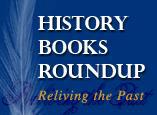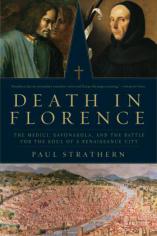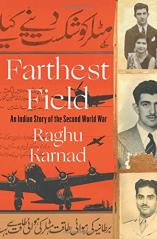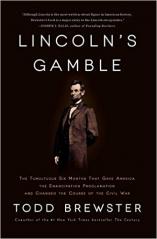August 2015
History Books Roundup: Reliving the Past
August 2015

August's roundup of History titles includes GIVE US THE BALLOT, in which Ari Berman charts both the transformation of American democracy under the Voting Rights Act and the counterrevolution that has sought to limit voting rights, from 1965 to the present day; AVENUE OF SPIES, the latest book from the bestselling author of THE LIBERATOR, who documents the incredible true story of an American doctor in Paris and his heroic espionage efforts during World War II; THE STORM OF THE CENTURY by Al Roker, a gripping narrative history that vividly brings to life the Great Gulf Hurricane of 1900, the deadliest natural disaster in American history; and DEATH IN FLORENCE, in which Paul Strathern reveals the paradoxes, self-doubts and political compromises that made the battle for the soul of the Renaissance city of Florence one of the most complex and important moments in Western history.
























